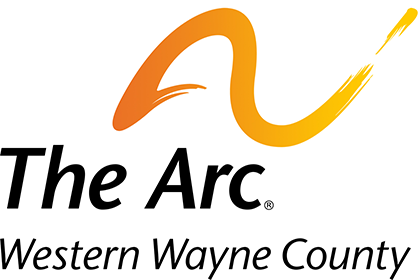Down Syndrome is identified by an extra 21st chromosome. Instead of 46, people with Down syndrome have 47 chromosomes. Over six thousand babies with Down syndrome are born in the United States every year, and Down syndrome occurs in one out of about 700 to 800 births. It occurs in boys and girls evenly. It is one of the most common birth defects, occurring in all races, ethnic groups, socio-economic classes, and nationalities.
Because chromosomes and the genetic material they carry play a large part in determining a person’s characteristics, this extra chromosome will affect people. Their appearance may be a bit different from other people. They may have some unique medical problems, and will likely have some degree of mental retardation. The severity of these problems varies tremendously from child to child. Each person with Down syndrome is unique, with their own personality, talents, and thoughts.
Although people with Down syndrome have distinct physical characteristics, generally they are more similar to the average person in the community than they are different.
A child with Down syndrome is in need of the same kind of medical care as any other child. The pediatrician or family physician should provide general health maintenance, immunizations, attend to medical emergencies and offer support and counseling to the family. There are, however, situations when children with Down syndrome need special attention. 60 to 80 percent of children with Down syndrome have hearing problems. 40 to 60 percent of children with Down syndrome have congenital heart disease. Other health concerns include intestinal troubles, eye problems, obesity, thyroid dysfunction, skeletal problems and Alzheimer’s disease.
If you would like more information about Down syndrome, contact The National Down Syndrome Society at 800-2214-4602 or visit them online at www.ndss.org.
Phone code: 1701

Recent Comments